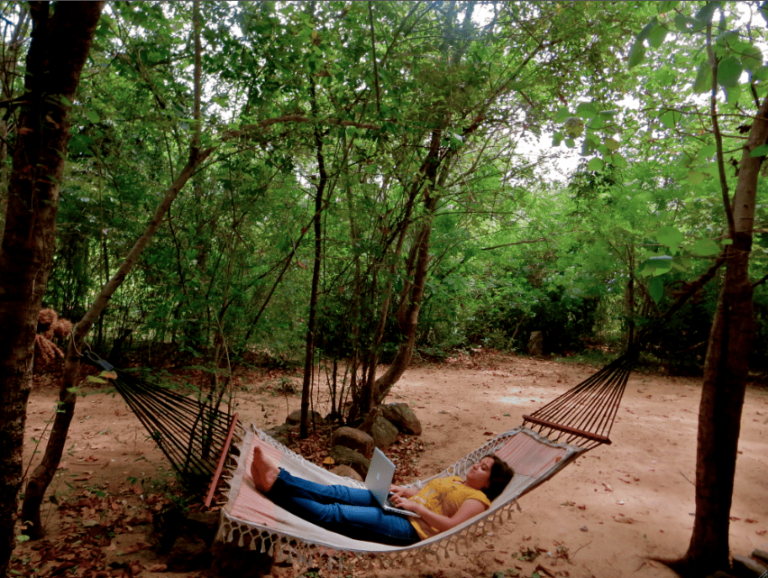Ikea: no tax, no threat
Mostly, we know Ikea for its good-looking, value-for-money, comfortable furniture and housing appliances. And for the layout of its stores, where all its products are arranged such that you can picture how exactly they’d look in your own home. I’m definitely not the only one who’d go in there to pick up a table lamp and walk out with a big bag full of things I don’t quite need.
Recently, I read an article in the Economist about Ikea’s accounts. The Swedish company plays around the weak policies of the Dutch corporate-registration system and manages to legally evade the major part of its taxes. Not just that, it’s complicated ownership means it pretty much rids itself of any fear of a hostile takeover. There are several layers you need to uncover before you can really know who owns Ikea, here’s how.
As a company, Ikea is divided between the actual manufacturing company and its franchisee arm. The manufacturing / operations division is owned by a Dutch company, Ingka Holding. Ingka Holding is in turn, part of Stichting Ingka Foundation, which is registered as a not-for-profit foundation in Netherlands. Meaning? NO TAXES!!! The best part is yet to come. The Stichting Ingka Foundation is controlled by the Kamprad family, who are indeed the founders of Ikea! The tax exempted profits are therefore solely and wholly reaped by the Kamprads.
The franchising part of Ikea (its concept and trademark), however, are owned by a separate company called Inter Ikea Systems. This further belongs to Inter Ikea Holdings, registered in Luxemburg. The next few layers of Inter Ikea Holdings’ ownership are apparently very complicated, but it can ultimately be tracked down to being owned by a company with the same name in Netherlands. This Netherlands based company further belongs to some trust company, based in an island of the kingdom of Netherlands. Who owns this trust company is pretty much unknown, although the Kamprads are the most obvious suspects!
The franchising arm does pay its taxes in the figures of millions, but these are not half as much as the amount they’re exempted from. The non-profit Stichting Ingka Foundation defines its purpose as dedication to architectural and interior design innovation. While a substantial amount is invested in research and some of it donated, the major part still goes to the Kamprad pocket-deepening fund. In fact, according to The Economist, if Ikea was publicly listed, it would easily surpass The Bill and Melinda Gates Foundation as the world’s wealthiest charity!
And we thought that that Ikea pillow we sleep on every night has no dreams of its own.
Hi there! I’m Shivya, and I started this travel blog back in 2011, when travel wasn’t trendy, Instagram didn’t exist and AI wasn’t a thing (simpler times, I know!). I write about slow, meaningful and conscious travel – that is good for us, the places we visit, the people we meet along the way, and the planet at large. Settle down, grab a cup of tea, and read stories that remind you of the essence of travel. I’m so glad you found me!



